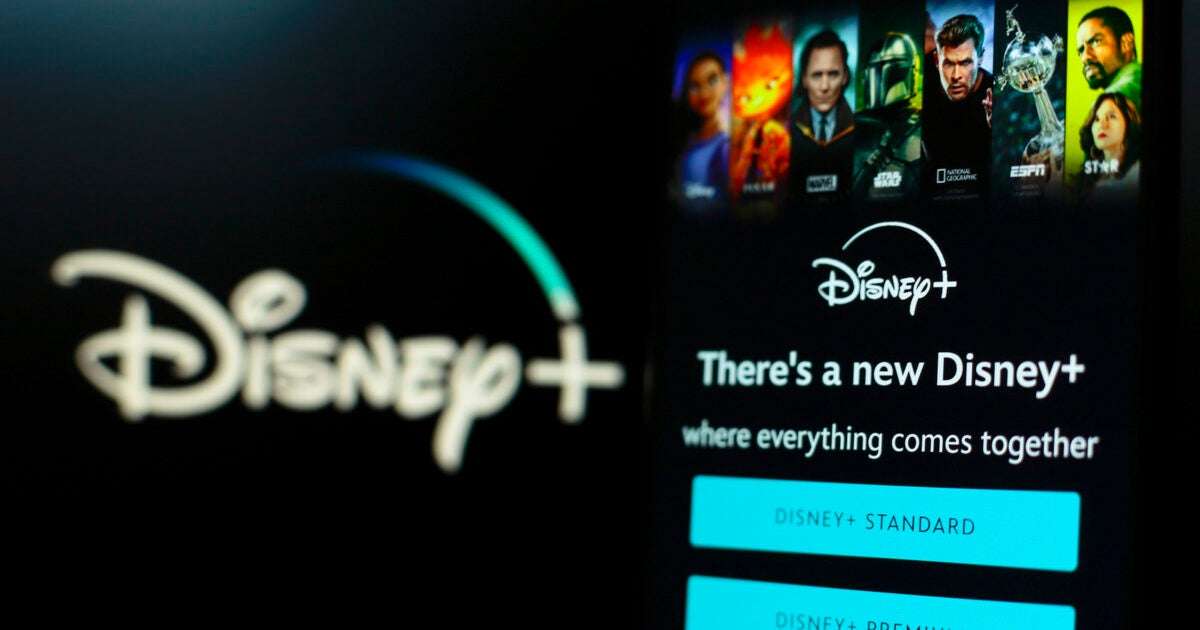Ever wondered if streaming your favorite Disney+ shows could inadvertently affect your legal rights? That’s the heart of a riveting courtroom drama unfolding after a tragic incident at Disney World in Orlando, Florida.
Last year, Kanokporn Tangsuan, a doctor from New York, tragically lost her life due to a severe allergic reaction at a restaurant within a Disney-owned shopping center. Her husband is now pursuing a wrongful death lawsuit against The Walt Disney Company and the restaurant, claiming that they failed to properly address her known food allergies. However, Disney has a surprising defense up its sleeve.
Disney argues that the terms of service Tangsuan’s husband agreed to upon signing up for Disney+ in 2019, and again when purchasing theme park tickets, mandate arbitration for resolving disputes, not courtroom battles. The legal tangle raises questions about whether such broadly encompassing arbitration clauses can cover incidents that seem far removed from the streaming service agreement.
Harvard Law’s Oren Bar-Gill delves into the complexities of these contractual clauses. “The court will need to interpret the arbitration clause and determine whether it covers the wrongful death claim. Disney used very expansive language,” Bar-Gill explains. There’s a chance that the court may find the claim too peripheral to fall under the arbitration clause, hinging on principles like “reasonable expectations” and “interpretation against the drafter.”
As the case heads to a Florida courtroom in October, it offers more than a lesson in law. Depending on the judge’s decision, it could set a precedent for how consumer agreements with major corporations are interpreted in future legal disputes. While it won’t bind other courts, the outcome could influence similar cases nationwide.
What do you think about Disney’s argument? Should signing up for Disney+ affect your ability to sue the company for unrelated incidents? Share your thoughts in the comments below and join the conversation!
Source: Harvard Law School



